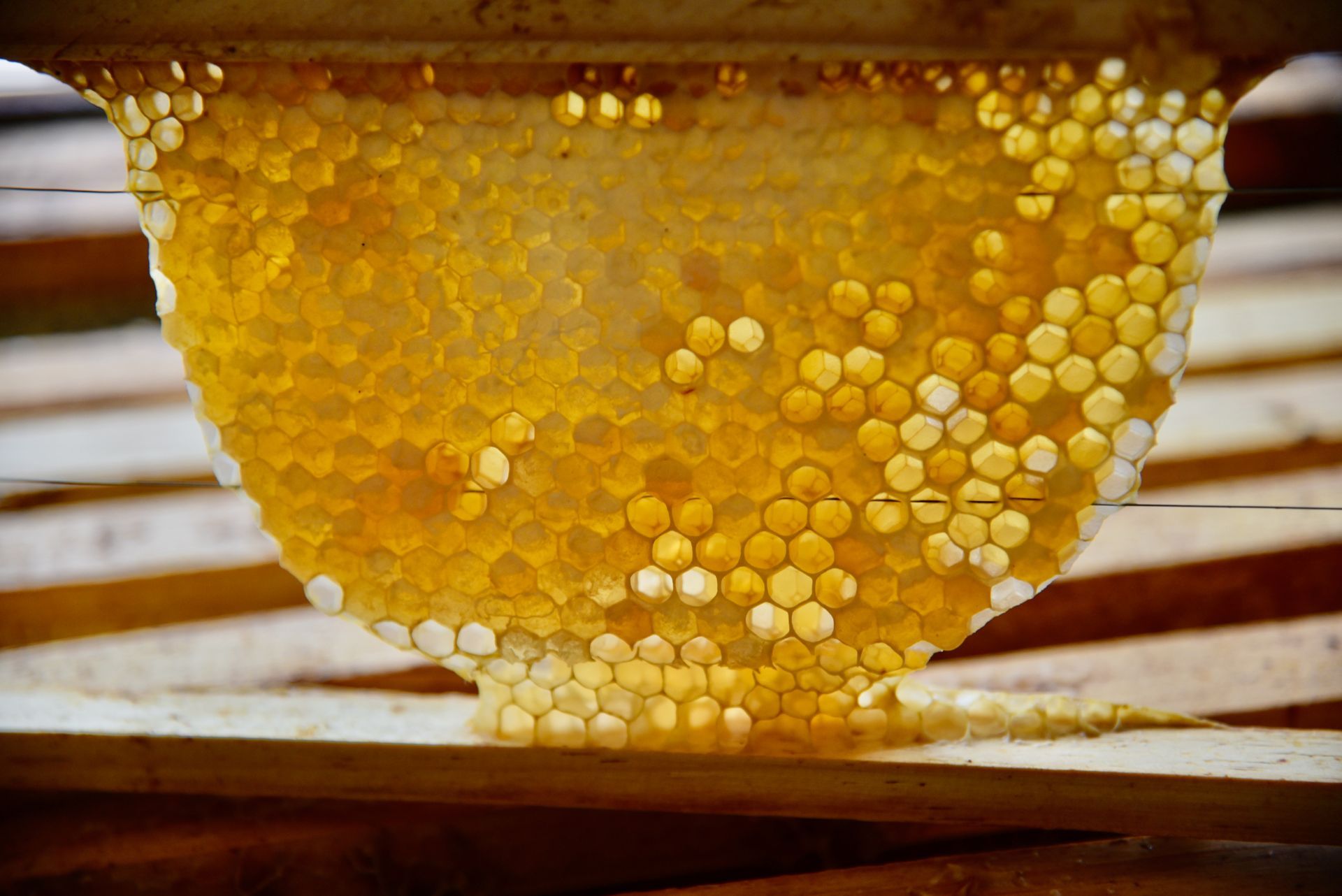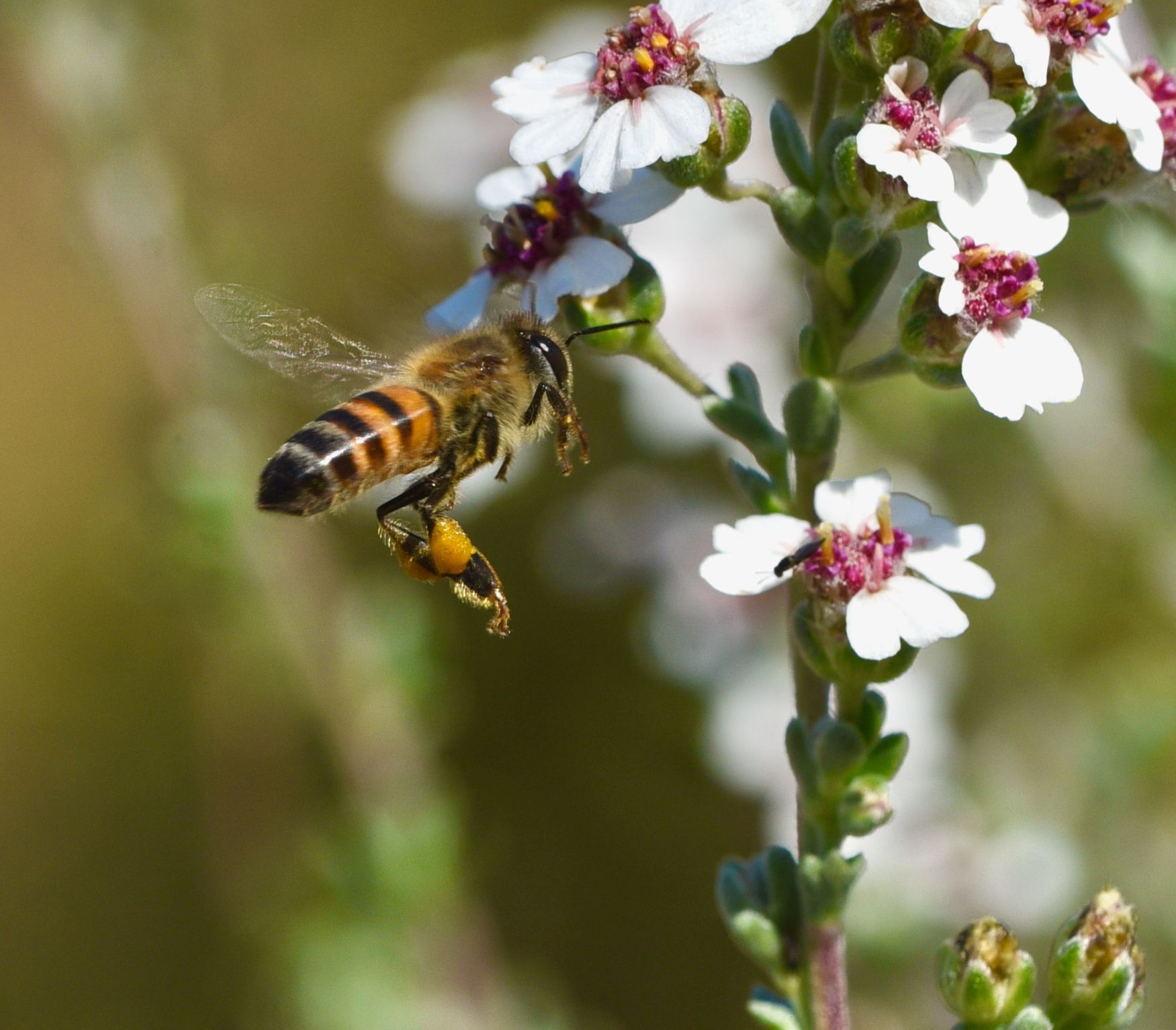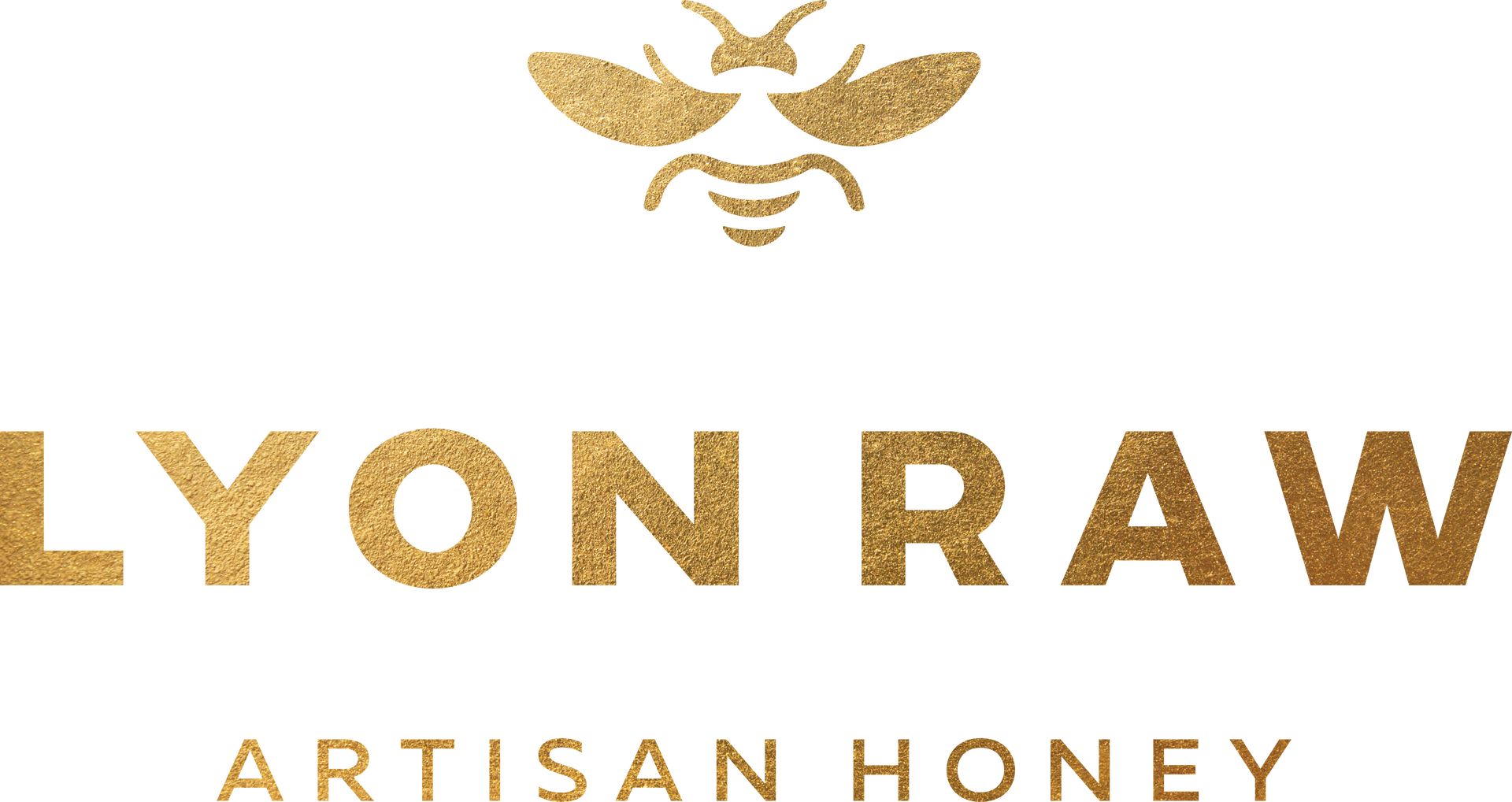What's the Buzz about Fermentation?
How Fermentation Became the Latest Buzz: A Brief History and its Relationship with Honey
Fermentation is the buzz lately, with fermented foods gaining popularity once again. But did you know that fermentation has been around for thousands of years? The history of fermentation dates back to Neolithic China, where evidence of a fermented alcoholic beverage made from fruit, honey, and rice was found dating back to 7000-6600 BCE. Wine-making dates back to around 6000 BCE, and the milk of camels, goats, sheep, and cattle was naturally fermented as far back as 10,000 BCE.
In 1856, a French chemist named Louis Pasteur made a breakthrough discovery, connecting yeast to the process of fermentation and becoming the first zymologist. It wasn't until 1910 that fermented foods were first considered beneficial to health, and in the last 40 years, extensive research has been conducted examining the health benefits of consuming friendly bacteria. There appear to be linkages between consuming these friendly bacteria and improved digestion and detoxification.
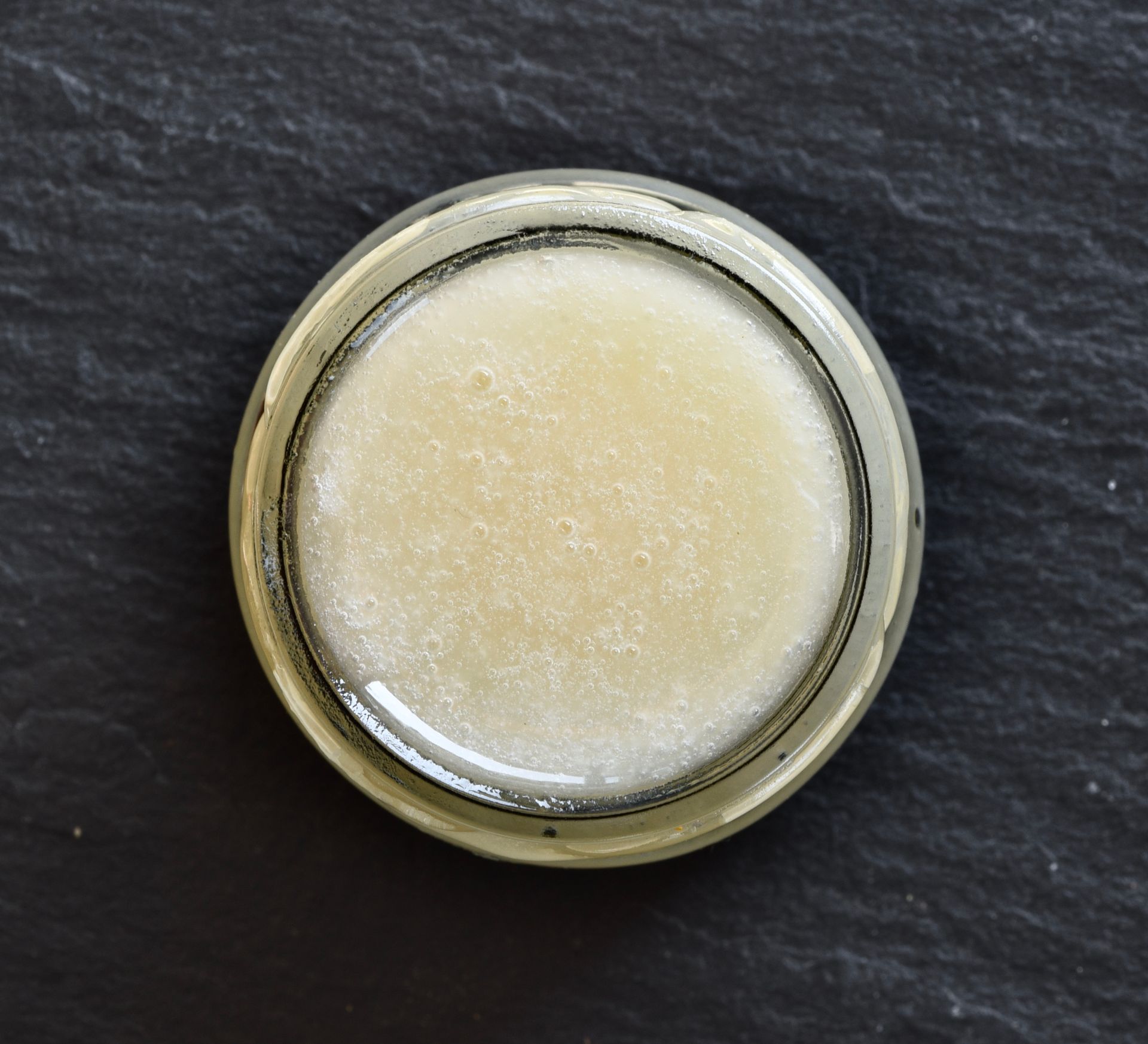
However, when it comes to honey, it's important to note that fermentation is not a desirable trait. In fact, when we grade, judge, or conduct a sensory analysis on honey, fermentation is noted as a defect. Honey is only considered pure if it is exactly as the bees made it, with nothing added, changed, or taken away.
While fermented honey is not naturally present in the hive and can even be poisonous to the bees, some Lyon Raw Honey lovers seek out fermented honey for its beneficial qualities. While it is true that fermentation is undesirable in honey from a quality and analysis perspective, I do keep a few jars of selected fermented honey on hand for those who enjoy it.
Bee well,
Natasha Lyon
Please note: I am not a medical expert and have no medical training - This is an opinion based article. Please always consult with your doctor before consuming fermented honey.

